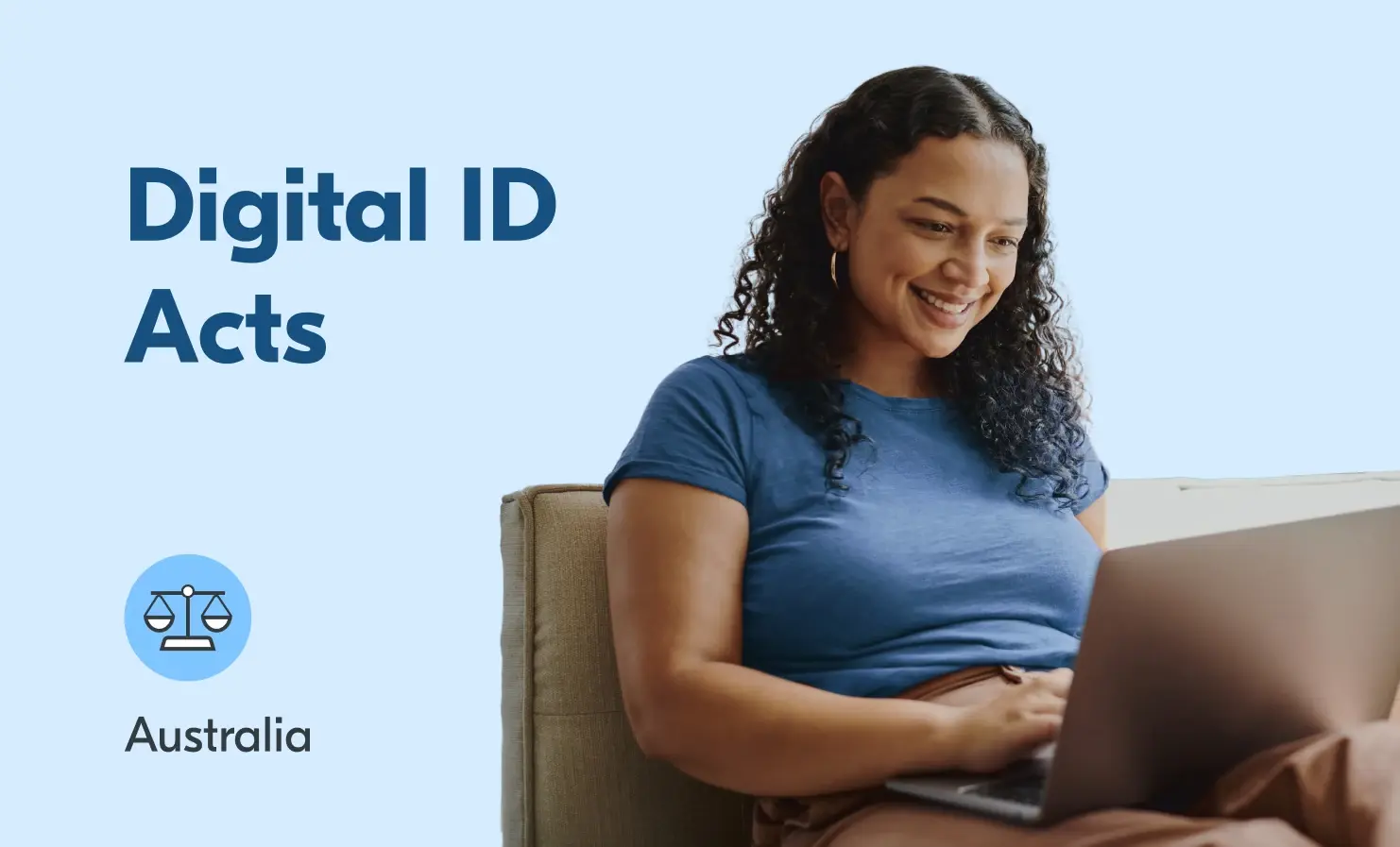Regulation
Yoti calls on new government to update legislation, support digital IDs and prioritise online safety
As the new government looks ahead and plans what details to include in the new laws mentioned in the King’s Speech, we have outlined some key focus areas where leveraging technology at relatively low cost can unlock digital transformation in the UK and accelerate economic growth. Updating the Mandatory Licensing Conditions Whilst it’s encouraging to see the new government intends to introduce a new law protecting retail staff from verbal and physical abuse, prevention is better than cure and retailers all confirm that checking age is one of the events that triggers abuse. We urge the new government
Understanding the Digital Information and Smart Data Bill
This blog was updated in July 2024, following the General Election and the King’s Speech which announced the new Digital Information and Smart Data Bill (DISD). The government has committed to introducing the Bill, which aims to harness the power of data for economic growth, including setting up a regulatory framework for digital identities in the UK. We will update this blog once the government has shared further information about this new Bill. Below is a summary of what we know so far. For now, we have also included the previous blog content on the former Data Protection and
Understanding Australia's Digital ID Acts
Australia’s Digital ID Acts mark a significant milestone for Digital ID use across the world. Having just received Royal Assent, the Acts aim to provide people with a secure, convenient way to prove their identity online. Here’s some of the key information you need to know. What are Australia’s new Digital ID Acts? Australia’s Digital ID Acts are made up of two different (but similarly named) pieces of legislation. These are the Digital ID Act 2024 and the Digital ID (Transitional and Consequential Provisions) Act 2024. Together, they are known simply as “the Digital ID Acts”. Why
How age assurance builds trust and safety on gaming platforms
There is a growing agreement that more needs to be done to improve online safety. Regulators around the world are introducing new laws to make the digital world safer and ensure young people have an age-appropriate experience online. With legislation such as the Age Appropriate Design Code, the UK’s Online Safety Act, and the EU’s Digital Services Act reshaping the industry, gaming companies are facing a new era of accountability and responsibility. From implementing age assurance measures to ensuring age-appropriate content and experiences, gaming companies must navigate the regulatory landscape while prioritising user safety and privacy. This blog explores some
Preparing for the EU’s new AI Act
Artificial intelligence (AI) is changing our world at a speed that, just a decade ago, we never could’ve anticipated. As AI finds its way into our everyday lives, regulators are racing to catch up with its development. In response, last month, the EU voted to bring in the Artificial Intelligence Act, also known as the AI Act. The Act is expected to enter into force in May or June 2024. This blog looks at what the legislation means for businesses and how they can comply. Why is there an AI Act? In recent years, it seems as though
US age verification laws for online platforms
From buying goods online to accessing crucial services, there are countless advantages to an increasingly digital world. But with this development comes the serious challenge of ensuring that users can safely navigate online environments. As young people are able to access the internet more easily than ever, it’s important to make sure that their online journeys are age-appropriate. According to a national survey, the average age at which children in the US first see pornography is 12, with 15% first seeing online pornography at age 10 or younger. In response to the evolving digital landscape, regulation is making strides






